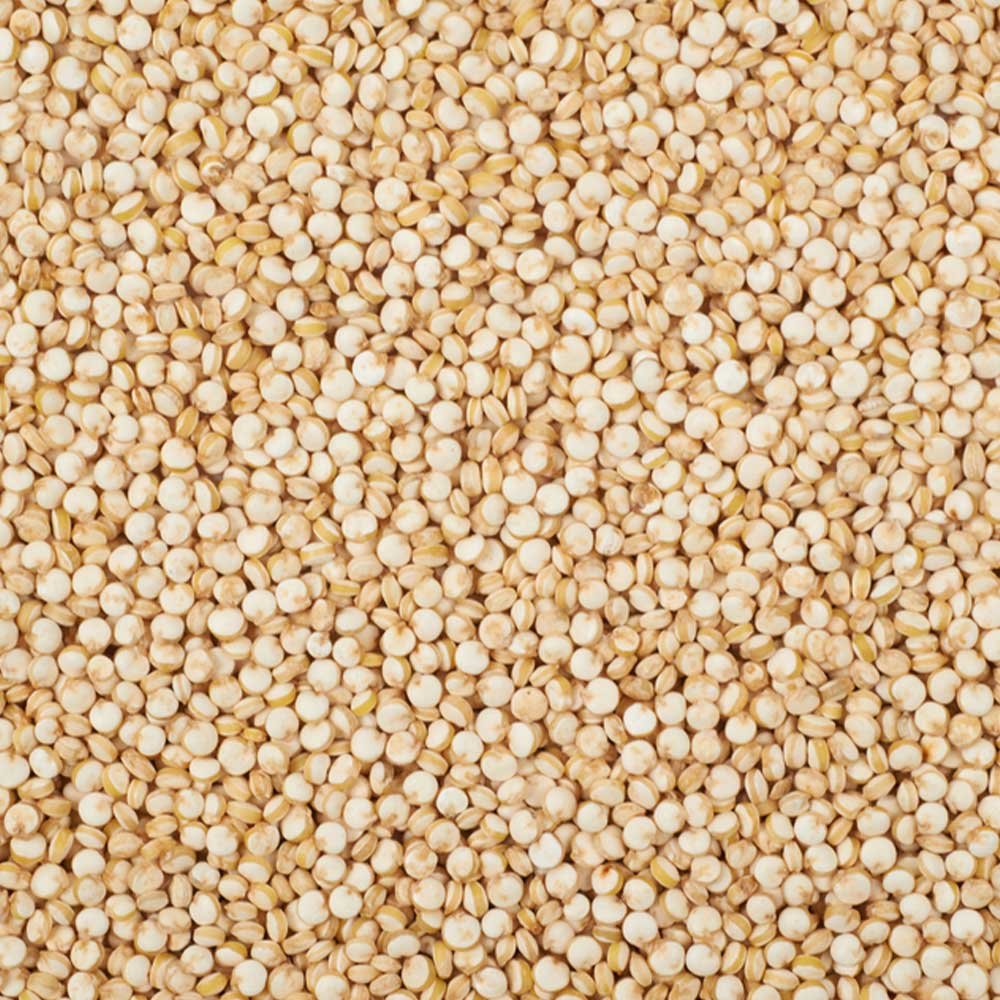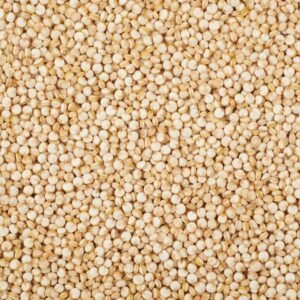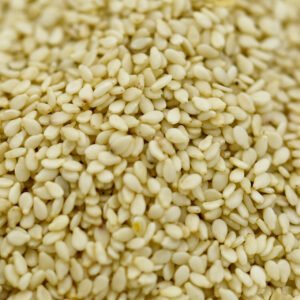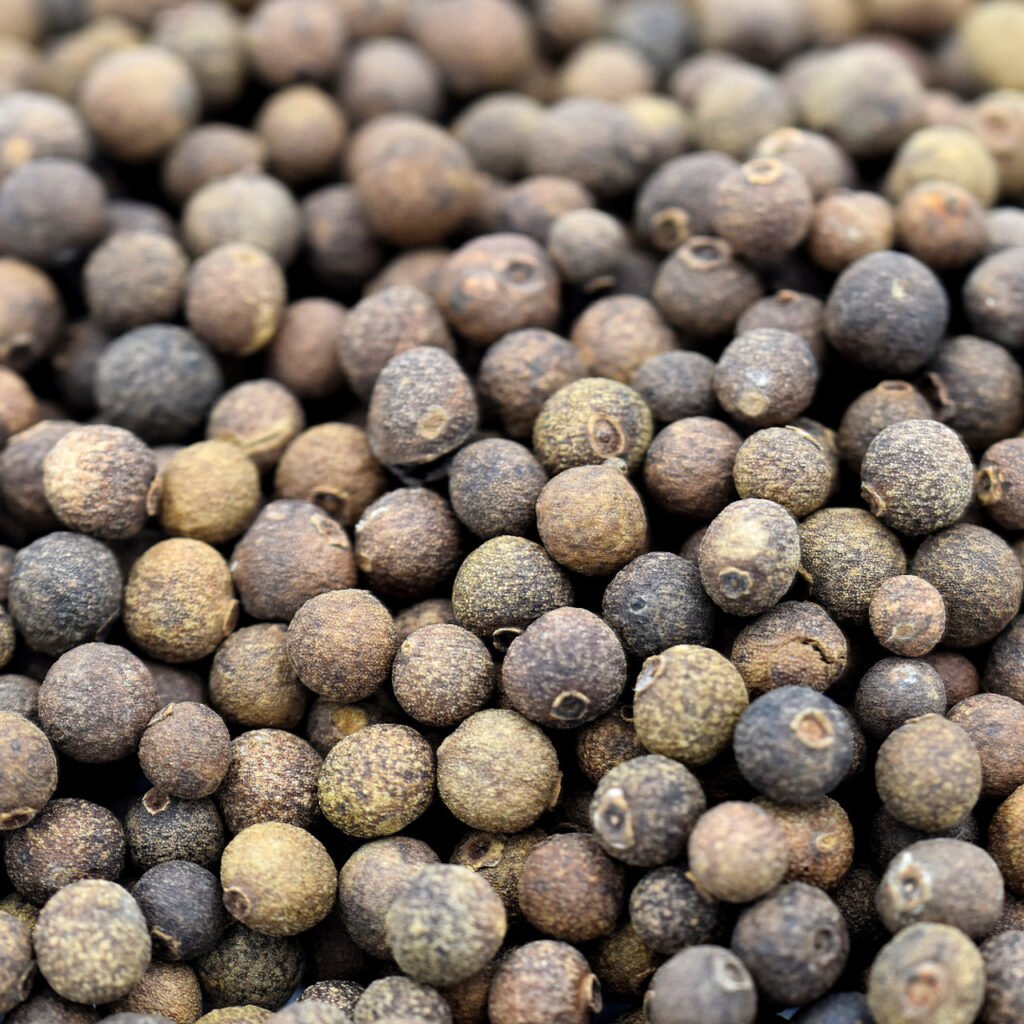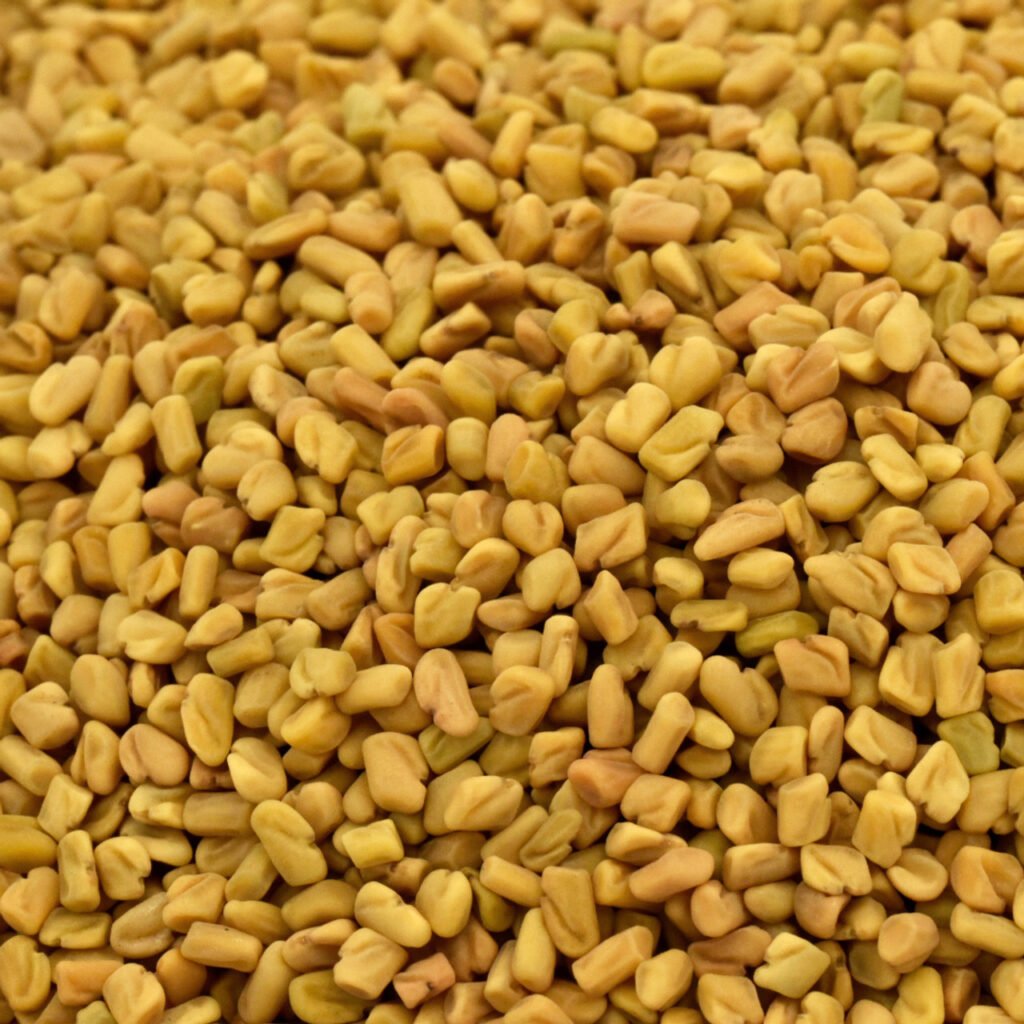A Superfood for Health and Wellness
As the popularity of plant-based diets continues to grow, so does the demand for nutrient-rich superfoods. Quinoa seed, a high-protein, gluten-free grain-like seed, has become a favorite among health-conscious consumers worldwide. Packed with essential nutrients, quinoa offers a range of health benefits that make it an ideal addition to any diet. In this article, we’ll explore the top benefits of quinoa seed and why you should consider adding it to your diet.
Introduction
Quinoa seed has gained immense popularity in recent years due to its exceptional nutritional value and numerous health benefits. This superfood is a rich source of protein, fiber, vitamins, minerals, and antioxidants. Quinoa is also versatile and easy to prepare, making it an ideal ingredient for a range of dishes. In this article, we’ll explore the history, nutritional value, and top health benefits of quinoa, along with some tips on how to cook it.
History of Quinoa
Quinoa has been a staple food in the Andean region of South America for thousands of years. It was considered sacred by the Incas and was an essential part of their diet. Quinoa’s popularity began to spread globally in the 1980s, and it is now widely cultivated in several countries, including Peru, Bolivia, and the United States.
Nutritional Value of Quinoa
Quinoa is a complete protein, meaning it contains all nine essential amino acids that our bodies cannot produce. It is also high in fiber, magnesium, iron, and other essential vitamins and minerals. One cup of cooked quinoa contains:
- Protein: 8 grams
- Fiber: 5 grams
- Magnesium: 30% of the RDI
- Iron: 15% of the RDI
- Vitamin B2 (Riboflavin): 10% of the RDI
- Manganese: 20% of the RDI
- Phosphorus: 15% of the RDI
Health Benefits of Quinoa
Promotes Heart Health
Quinoa is an excellent source of heart-healthy nutrients such as fiber, potassium, and magnesium. These nutrients help regulate blood pressure and lower cholesterol levels, reducing the risk of heart disease.
Aids Digestion
Quinoa is high in fiber, which promotes healthy digestion and prevents constipation. The fiber also feeds the beneficial bacteria in our gut, promoting a healthy gut microbiome.
Boosts Energy and Stamina
Quinoa is a rich source of carbohydrates, which are essential for providing energy to our body. The complex carbohydrates in quinoa provide a sustained release of energy, making it an ideal food for athletes and active individuals.
Regulates Blood Sugar
Quinoa has a low glycemic index, meaning it does not cause a rapid spike in blood sugar levels. This makes it an ideal food for individuals with diabetes or those looking to regulate their blood sugar levels.
Supports Weight Loss
Quinoa is low in calories and high in fiber, making it an ideal food for weight loss. The high fiber content also helps you feel full for longer, reducing the chances of overeating.
Promotes Healthy Skin
Quinoa is rich in antioxidants, which protect our skin from damage caused by free radicals. It also contains lysine, an
essential amino acid that aids in collagen production, promoting healthy and youthful-looking skin.
How to Cook Quinoa
Cooking quinoa is simple and straightforward. Here’s a quick and easy recipe:
Ingredients:
- 1 cup quinoa
- 2 cups water or broth
- Salt, to taste
Instructions:
- Rinse the quinoa under cold running water to remove any debris or bitterness.
- In a medium saucepan, bring the water or broth to a boil.
- Add the quinoa and salt, and stir to combine.
- Reduce the heat to low and cover the saucepan.
- Simmer for 15-20 minutes, or until the water has been absorbed and the quinoa is tender.
- Remove from heat and let stand for 5 minutes.
- Fluff with a fork and serve.
Quinoa can also be used as a base for salads, soups, stews, and even desserts. It is a versatile ingredient that can be incorporated into any meal.
Conclusion
Quinoa seed is a nutrient-dense superfood that offers numerous health benefits. Its high protein and fiber content, along with essential vitamins and minerals, make it an ideal addition to any diet. Quinoa is also versatile and easy to prepare, making it a popular ingredient in a range of dishes. If you’re looking to improve your overall health and well-being, consider incorporating quinoa seed into your diet.
- Is quinoa gluten-free? Yes, quinoa is naturally gluten-free and is an ideal grain substitute for individuals with gluten sensitivity or celiac disease.
- Can quinoa be used in baking? Yes, quinoa flour can be used as a gluten-free alternative in baking.
- Is quinoa a good source of protein? Yes, quinoa is a complete protein, meaning it contains all nine essential amino acids that our bodies cannot produce.
- Can quinoa help with weight loss? Yes, quinoa is low in calories and high in fiber, making it an ideal food for weight loss.
- Can quinoa be eaten raw? No, quinoa should be cooked before consumption to remove any naturally occurring bitterness and to ensure it is safe to eat.
Lorem ipsum dolor sit amet, consectetur adipiscing elit. Ut elit tellus, luctus nec ullamcorper mattis, pulvinar dapibus leo.

